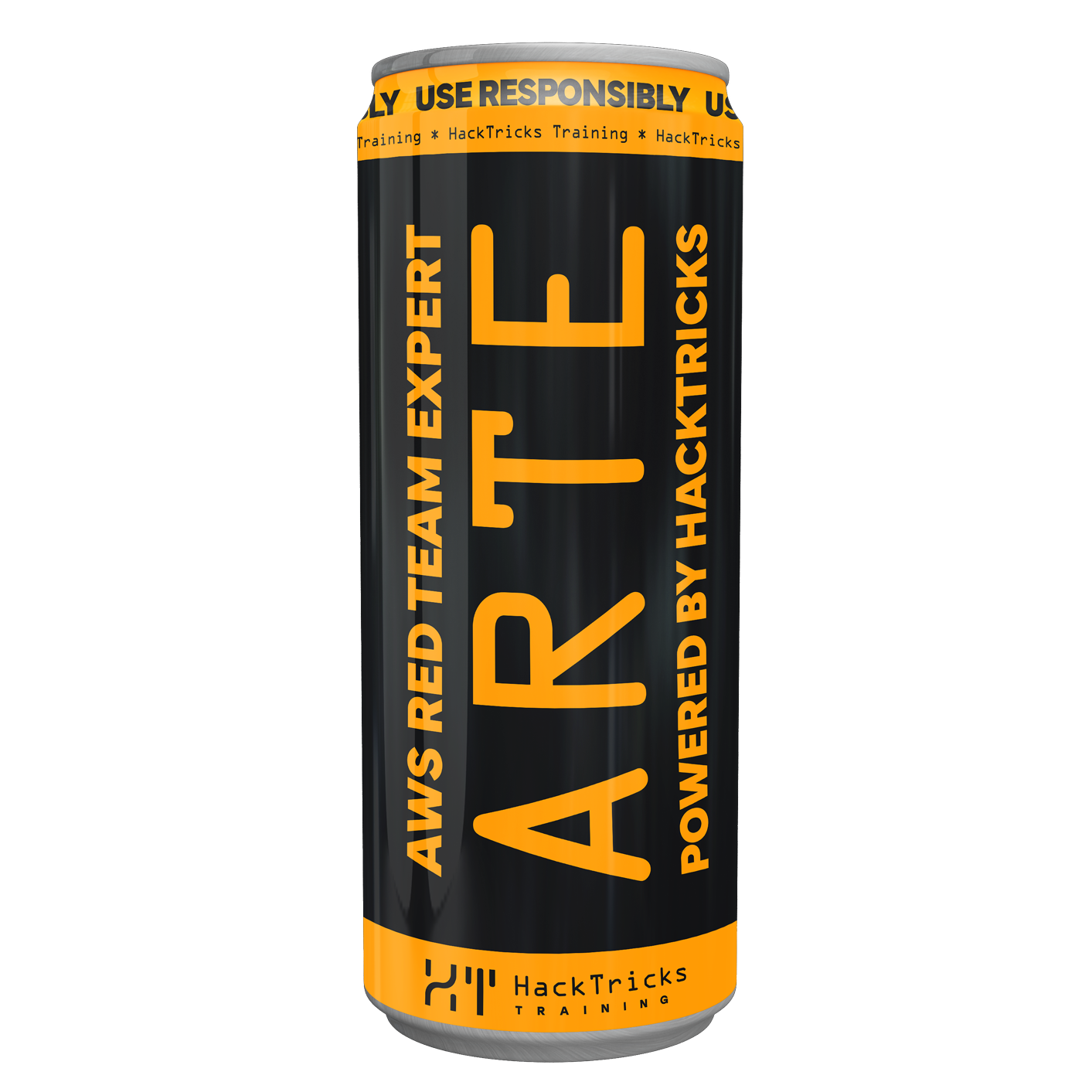.png)
 [**HackTricks Training AWS Red Team Expert (ARTE)**](https://training.hacktricks.xyz/courses/arte)
[**HackTricks Training AWS Red Team Expert (ARTE)**](https://training.hacktricks.xyz/courses/arte) \
Learn & practice GCP Hacking:
\
Learn & practice GCP Hacking:  [**HackTricks Training GCP Red Team Expert (GRTE)**
[**HackTricks Training GCP Red Team Expert (GRTE)** ](https://training.hacktricks.xyz/courses/grte)
](https://training.hacktricks.xyz/courses/grte)
.png)
.png)
https://miro.medium.com/v2/resize:fit:1100/format:webp/1*35XwCGeYeKYmeaU8rdkSdg.jpeg
.png)
https://miro.medium.com/v2/resize:fit:1100/format:webp/1*NHgR25-CMICMhPOaIJzqwQ.jpeg

Hello, e($name)?>
``` Layout template: ```html| Name | |
|---|---|
| {NUM_AUTHORS} | |
| {AUTHOR_NAME} | {AUTHOR_EMAIL} |
.png)
https://miro.medium.com/v2/resize:fit:1100/format:webp/1*u4h8gWhE8gD5zOtiDQalqw.jpeg
 (1).png)
https://miro.medium.com/v2/resize:fit:640/format:webp/1*J4gQBzN8Gbj0CkgSLLhigQ.jpeg
 (1) (1).png)
https://miro.medium.com/v2/resize:fit:640/format:webp/1*jj_-oBi3gZ6UNTvkBogA6Q.jpeg
.png)
https://miro.medium.com/v2/resize:fit:640/format:webp/1*VeZvEGI6rBP_tH-V0TqAjQ.jpeg
.png)
https://miro.medium.com/v2/resize:fit:640/format:webp/1*m-iSloHPqRUriLOjpqpDgg.jpeg
 (1).png)
https://miro.medium.com/v2/resize:fit:640/format:webp/1*3RO051EgizbEer-mdHD8Kg.jpeg
 (1).png)
https://miro.medium.com/v2/resize:fit:640/format:webp/1*GY1Tij_oecuDt4EqINNAwg.jpeg
.png)
https://miro.medium.com/v2/resize:fit:1100/format:webp/1*rWpWndkQ7R6FycrgZm4h2A.jpeg

 [**HackTricks Training AWS Red Team Expert (ARTE)**](https://training.hacktricks.xyz/courses/arte)
[**HackTricks Training AWS Red Team Expert (ARTE)**](https://training.hacktricks.xyz/courses/arte) \
Learn & practice GCP Hacking:
\
Learn & practice GCP Hacking:  [**HackTricks Training GCP Red Team Expert (GRTE)**
[**HackTricks Training GCP Red Team Expert (GRTE)** ](https://training.hacktricks.xyz/courses/grte)
](https://training.hacktricks.xyz/courses/grte)